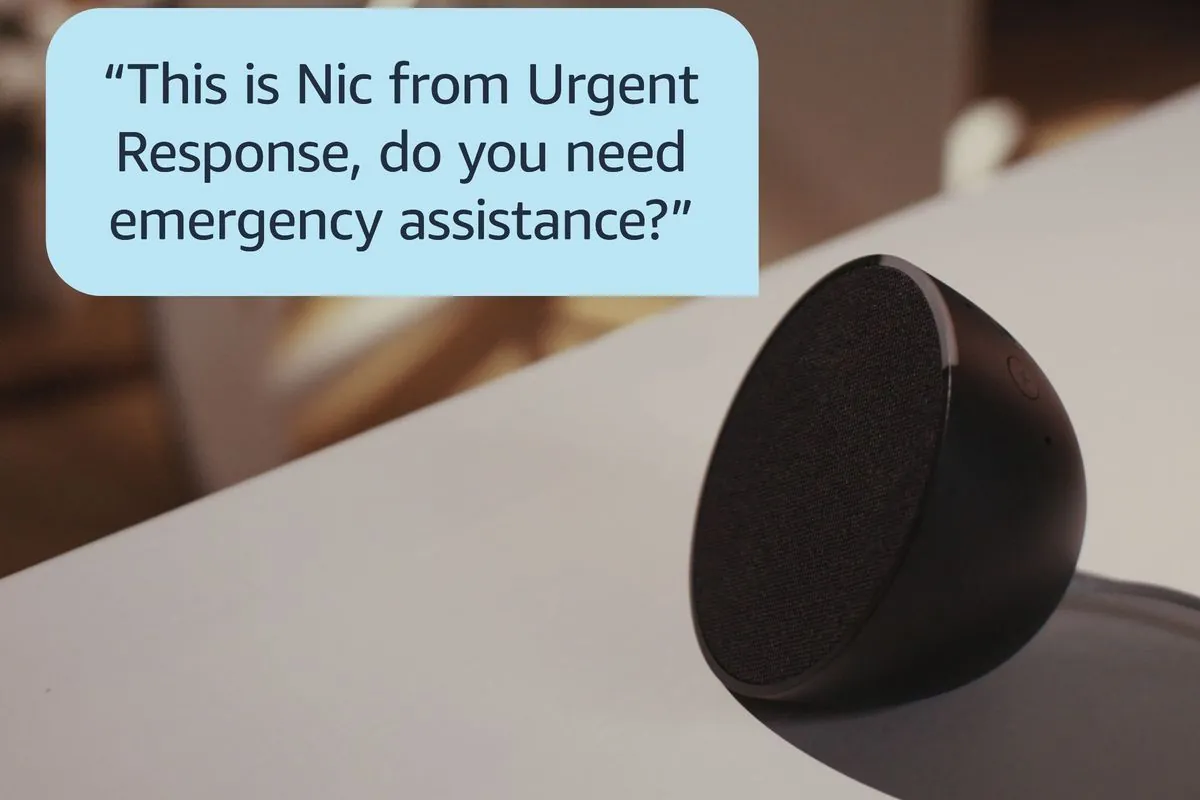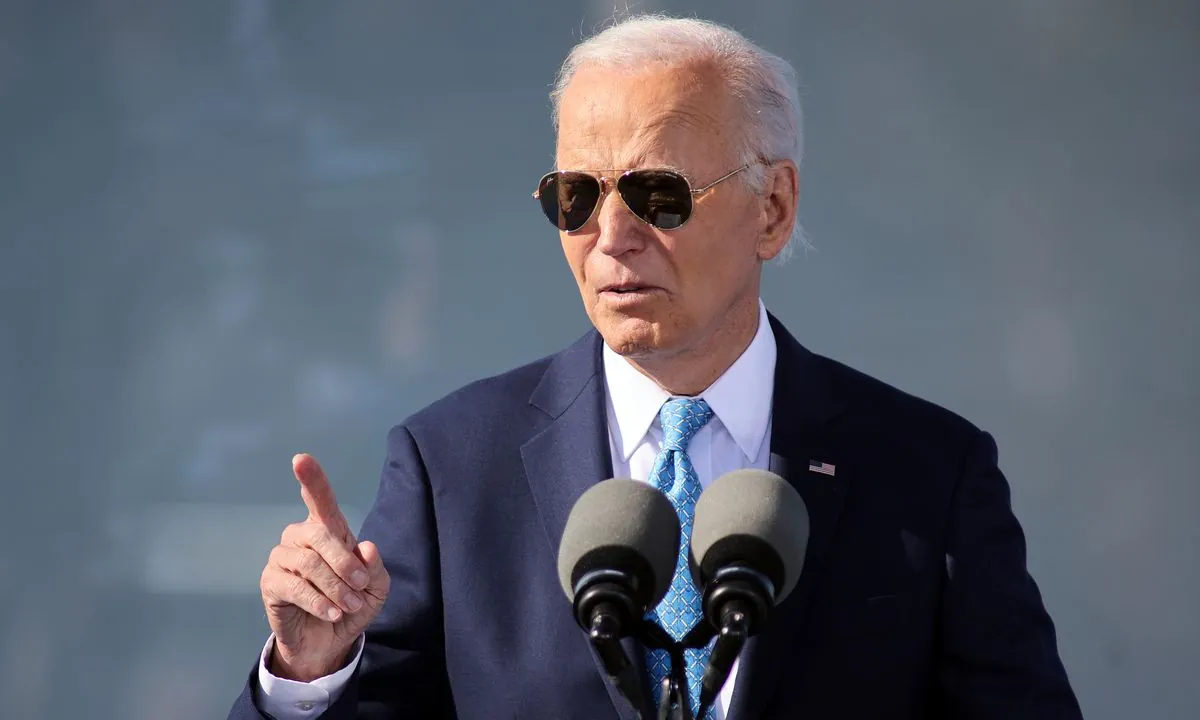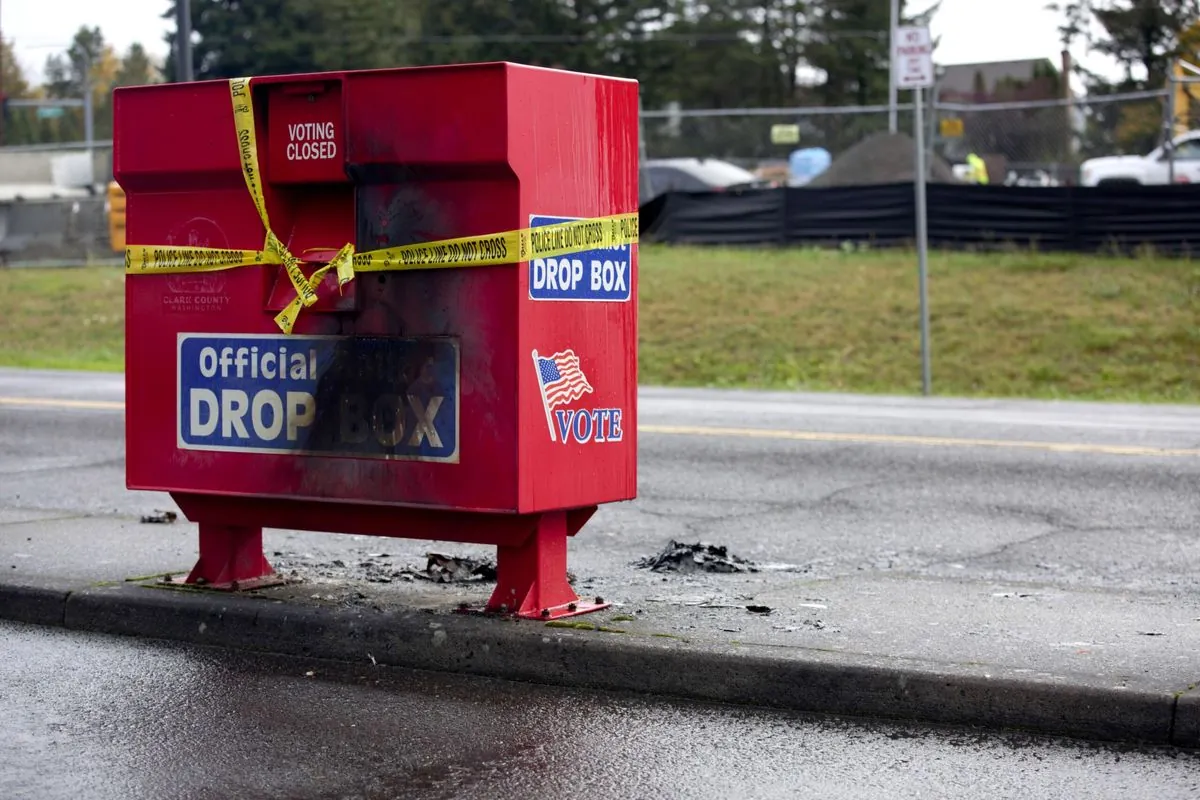Judge Denies Amazon's 120-Page Brief Request in Alexa Privacy Lawsuit
U.S. District Judge Robert Lasnik rejected Amazon's plea for a 120-page brief in an Alexa privacy lawsuit, emphasizing brevity. The case alleges illegal data collection through Amazon's voice-assistant devices.

In a recent development, U.S. District Judge Robert Lasnik has denied Amazon.com Inc's request to file an extensive 120-page brief in a class action lawsuit concerning privacy issues with its Alexa voice assistant. The case, which alleges illegal data collection through Amazon's voice-activated devices, highlights the ongoing debate over tech giants' handling of user information.
Judge Lasnik, who has served on the federal bench in Seattle for over 26 years, emphasized the importance of concise legal filings. He stated that longer submissions often prove "verbose, repetitive, and a waste of party and judicial resources." This stance reflects a broader trend in the legal system to promote efficiency and clarity in court proceedings.
The lawsuit, filed in 2021, accuses Amazon of violating wiretap laws in several states through its collection and storage of data from Alexa-enabled devices. The plaintiffs are seeking billions of dollars in damages, while Amazon vehemently denies any wrongdoing.

Amazon's legal team, represented by Fenwick & West, argued that the complexity of the case necessitated a longer brief. They claimed it would be "impossible" to present their arguments within the 16,800-word limit (approximately 48 pages) previously granted by the court. The tech giant emphasized the need to address circumstances involving ten individual plaintiffs and expressed concerns about potential "unfair prejudice" if not allowed to fully defend its flagship service.
However, Judge Lasnik remained unconvinced. In his three-page order, he likened a 120-page brief to "a novella (and a lengthy one at that)," highlighting that most substantive briefs in his district are limited to 24 pages. The judge's decision underscores the judiciary's efforts to balance thorough legal arguments with efficient use of court resources.
This case is part of a larger pattern of legal challenges faced by Amazon regarding its data practices. Founded by Jeff Bezos in 1994, Amazon has grown into one of the world's most valuable companies, with its 2023 revenue exceeding $500 billion. The company's Alexa virtual assistant, launched in 2014, has become a cornerstone of its smart home ecosystem, with the first Amazon Echo device released to the public in June 2015.
As Amazon continues to expand its reach, with over 200 million Amazon Prime members globally and a workforce exceeding 1.5 million people, it faces increasing scrutiny over its business practices. The company has set ambitious goals for reducing its carbon footprint, aiming for net-zero carbon emissions by 2040, while simultaneously navigating complex legal and ethical landscapes in the digital age.
The ongoing Alexa privacy lawsuit serves as a reminder of the delicate balance between technological innovation and user privacy. As the case progresses, it will likely contribute to the broader conversation about data protection and the responsibilities of tech companies in safeguarding consumer information.
"One hundred twenty pages, in contrast, is a novella (and a lengthy one at that)."
The outcome of this case could have significant implications for Amazon and the tech industry as a whole, potentially influencing future policies on data collection and privacy practices. As the legal proceedings continue, all eyes will be on the Western District of Washington, where this high-stakes battle between consumer rights advocates and one of the world's most powerful companies unfolds.


































